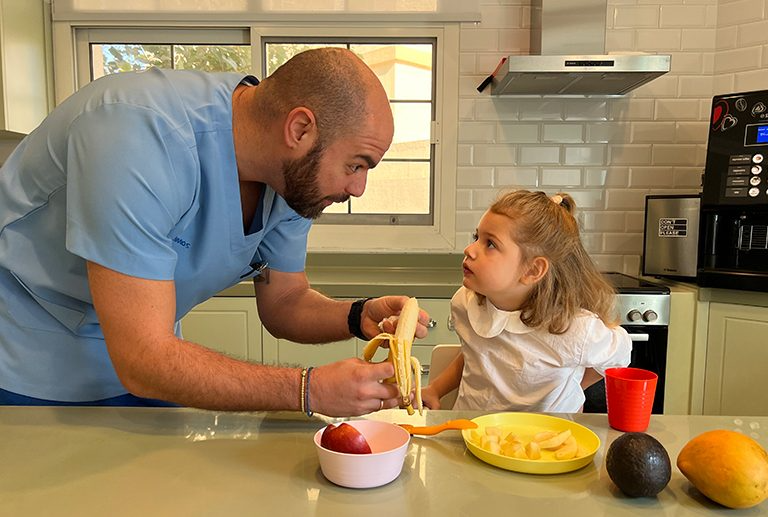
Speech therapy focuses on improving speech and language abilities and helps develop social skills in children. Effective communication is essential for successful social interactions, forming relationships, and understanding social environments. The speech clinic Dubai employs various strategies to help children build social skills, enhance social communication, and foster positive peer interactions. Understanding the importance of social skills in speech therapy and implementing targeted interventions can significantly benefit children’s overall social-emotional development.
Peer interaction activities:
Speech therapy sessions often incorporate peer interaction activities to provide children with opportunities to practice social skills in a structured and supportive environment. Group activities, games, and role-playing scenarios encourage children to engage in turn-taking, sharing, listening, and cooperative play. These activities promote social reciprocity, perspective-taking, and empathy while fostering friendships and building confidence in social interactions.
Conversation skills training:
Speech therapists work with children to develop essential conversation skills, such as initiating conversations, maintaining eye contact, taking turns, and staying on topic. Through structured conversation practice, children learn the rules of conversation, including greetings, asking questions, sharing information, and responding appropriately. Speech therapy also addresses nonverbal communication cues, such as body language, facial expressions, and tone of voice, to enhance social communication effectiveness.
Social stories and role-playing:
Social stories and role-playing activities are effective tools used in speech therapy to teach social skills and address specific social situations or challenges. Speech therapists create personalized social stories that depict common social scenarios, social norms, and expected behaviors. Role-playing allows children to act out different roles and practice social skills in a safe and supportive setting. By rehearsing social interactions and problem-solving strategies, children gain confidence and competence in steering social situations successfully.
Emotional regulation techniques:
Speech therapy addresses emotional regulation skills to help children manage their emotions, cope with frustration, and regulate behavior in social settings. Speech therapists teach children relaxation techniques, deep breathing exercises, and self-calming strategies to reduce anxiety, stress, and emotional dysregulation. By developing emotional awareness and coping skills, children can better understand social challenges, express themselves appropriately, and maintain positive social interactions.
Social skill building in natural environments:
Speech therapists collaborate with parents, caregivers, and educators to facilitate social skill building in natural environments such as home, school, and community settings. Therapists provide strategies and support for fostering social interactions, peer relationships, and inclusion opportunities in everyday contexts. By incorporating social skill building into daily routines and activities, children can generalize and apply their social skills across different settings and social situations.


